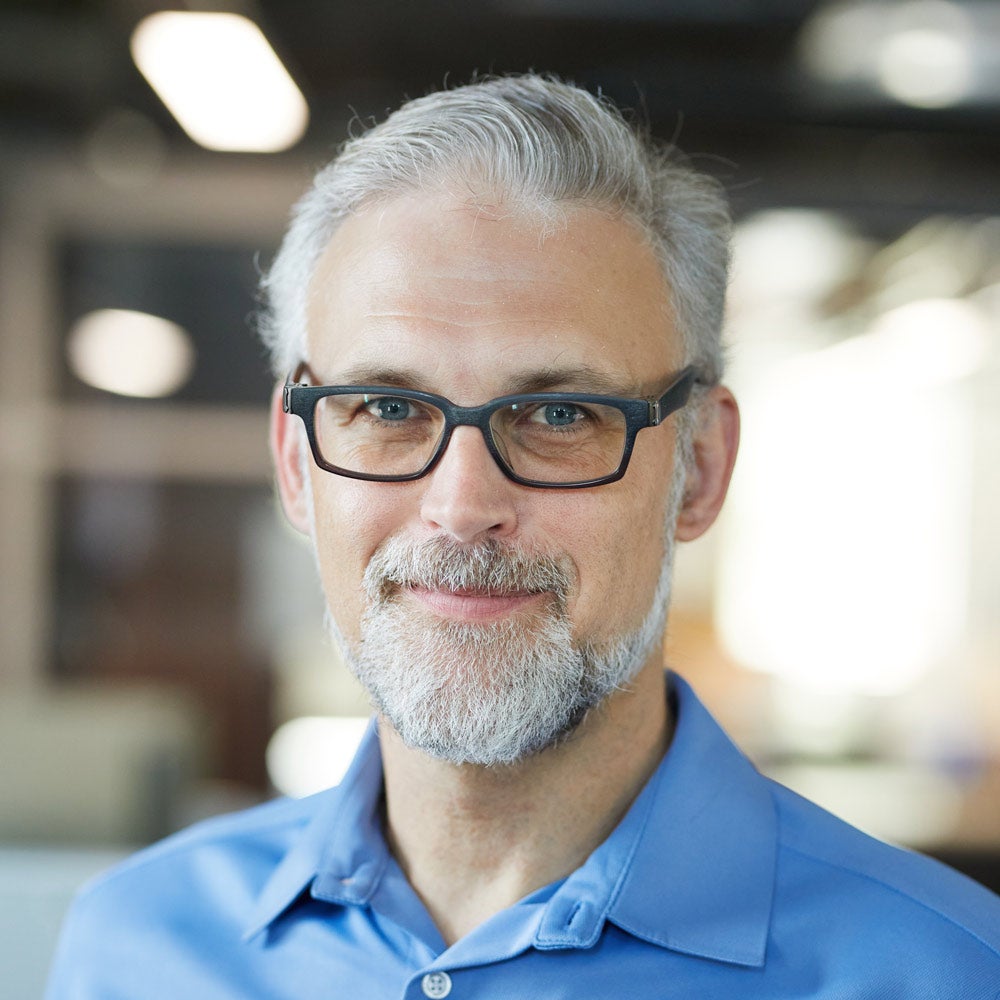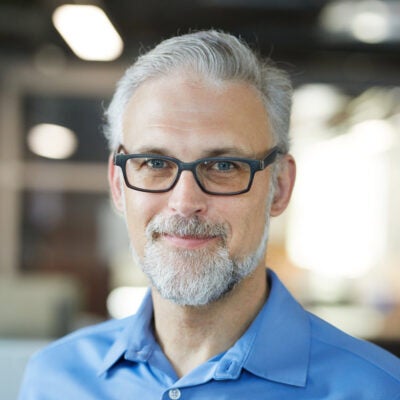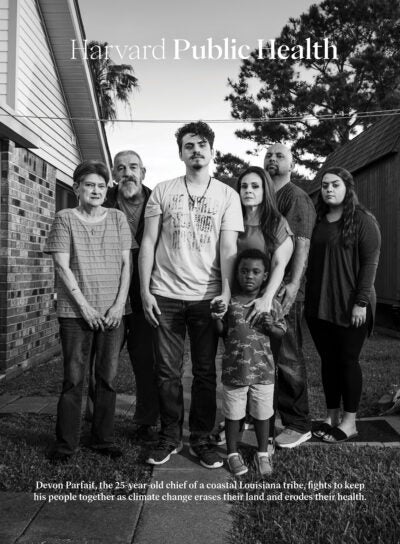From the editor
Hope, headaches, and public health politics
Public health is intertwined with politics, sometimes in ways that feel more like quantum entanglement. That’s true at the community level and on the world stage. Public health is always a form of political action—or inertia.

The stories in this issue look at the interplay between political decisions and health. I am drawn to the gratitude expressed by Tedros Adhanom Ghebreyesus, director-general of the World Health Organization, for the nations and peoples who recognized 75 years ago that health issues were bigger than nation-states and chose to establish the WHO and then follow its guidelines. At times, nations have rallied behind the WHO—Dr. Tedros refers to the eradication of smallpox, which happened despite the Cold War. The United States and the Soviet Union put aside their gamesmanship to cooperate against a foe that killed without regard to ideology. Of course, there were other times when such cooperation faltered, and Dr. Tedros wonders whether the WHO could even be founded today.
I wonder on a smaller scale whether the U.S. would recreate the Centers for Disease Control and Prevention, which has drawn fire from across the political spectrum for its failures during the pandemic. We look at its very real problems and the political will it will take to restore the organization as an effective, trusted entity.
Sign up for Harvard Public Health
Delivered to your inbox weekly.
We also see how decades-old decisions made to boost economic development have led to a crisis in Louisiana, where a small rural tribe has seen its community displaced and separated by coastal erosion. Massive storms that chew up hundreds of square miles of coastline look like the culprits. But political decisions, especially the one to dredge channels into the bayou, are also at fault. The members of this tribe have lost land, their homes, traditional hunting and fishing grounds and gardens, and found themselves facing health problems previously unheard of in their community, such as diabetes. Displacement has been traumatizing for the community, as well. The political question facing the tribe’s new chief is how best to turn things around.
When politicians let policy stagnate, the inaction can affect millions of lives. From the start, the Family and Medical Leave Act was irrelevant for some 40 percent of the U.S. population. The FMLA has hardly changed in the 30 years since, even as our economy and our demographics have shifted in ways that have revealed even more of the Act’s limitations. Caregiving, a basic driver of health outcomes, has become a tremendous burden. There is hope for change, as more than a fifth of state legislatures have expanded the Act’s offerings. But this is a piecemeal response, and it is sobering to see obvious flaws seemingly overlooked at the federal level.
In contrast, revision and rethinking have been a key strength of PEPFAR, the U.S. President’s Emergency Plan for AIDS Relief. In the 20 years since it was launched, PEPFAR has changed the lives of vast numbers of people worldwide and made it feasible to suggest HIV might go the way of smallpox. PEPFAR has achieved this success with farsighted infrastructure investments made in collaboration with governments, and by working within existing care structures while also strengthening them. It has been a soft-touch program, meaning laboratories founded to research and test for HIV were not restricted from combating other diseases, including COVID-19. The question now is, will PEPFAR put itself out of business, or can it still have a purpose?
Public health offers a measure of society. Do our political choices create gaps in health outcomes, or narrow them? Do they leave people behind or lift up entire populations? As you know from your own work—and as you’ll see reflected in these pages—the answers are rarely simple, but the work is always engaging.




